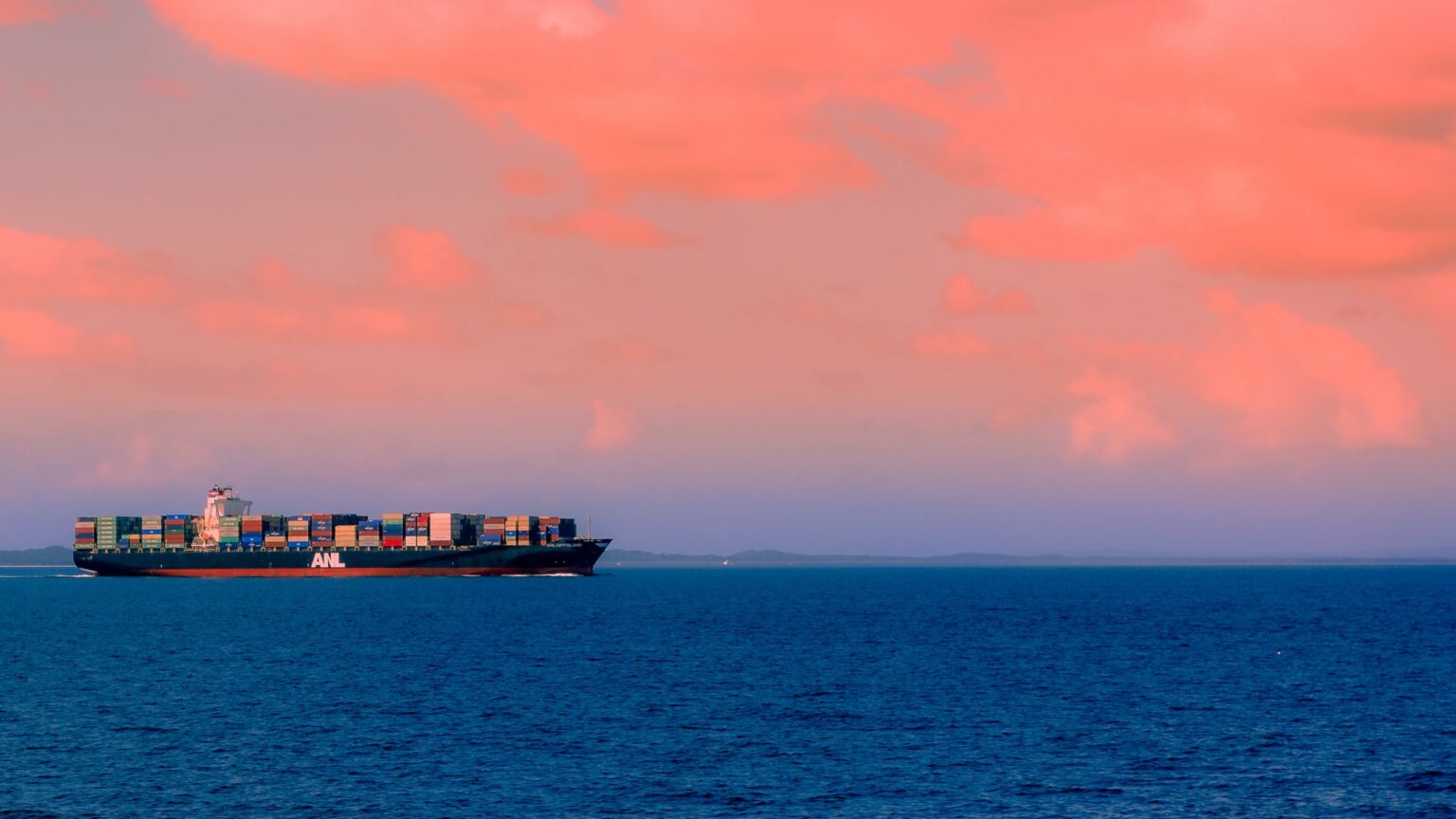TT Club urges vigilance to prevent container ship fires
- November 11, 2022
- 10:05 am


Iain Hoey
Share this content
The freight transport and logistics insurance specialist insurer, TT Club has urged supply chain professionals and enforcement agencies to recognise the responsibility for mitigating container ship fires is shared by numerous entities involved from end to end of the entire global supply chain.
With its estimated sixty-day average occurrence of serious fires being maintained by the Zim Charleston fire in August and the TSS Pearl in the Red Sea in early October, TT is once more calling for a more comprehensive approach to arresting the trend.
TT’s Peregrine Storrs-Fox explained: “There were significant lessons coming from the sad incident on the MSC Flaminia, which cost the lives of three seafarers, particularly from the subsequent legal proceedings that adjudged the shipper and NVOC responsible for root cause errors.
“Despite the biennial updates to the IMDG Code, including multiple arising from this particular incident, the judge’s assessment that the regulations merely set the ‘baseline’ for good practice remains utterly true today.”
The insurance provider advised that ensuring compliance with the latest mandatorily applicable version of the IMDG Code is essential as a minimum standard for all those shipping dangerous goods by sea. But the liability judgment in the MSC Flaminia case made it clear that regulations merely set the baseline.
“This is an important statement to which any entity inclined to rely solely on the letter of the law when consigning dangerous goods, would do very well to pay heed,” said Storrs-Fox.
The firm is advocating for a comprehensive approach, striving to bring an understanding of all the factors contributing to these fires to everyone involved in the movement of cargo in containers and therefore underlining their responsibilities for safety, pointing out that Errors, misunderstandings, mis-declarations and inadequate packing and securing lie at the heart of many significant incidents, both at sea and in storage facilities.
TT said that the movement of cargo is initiated in the trading of goods – sellers and buyers – who instruct packers and whoever becomes the shipper, and that they have a duty of care as much as the packers, warehouse operators, forwarders, logistics companies, carriers of all modal types, cargo handlers and terminal operators.
The firm’s efforts to disseminate such awareness and knowledge have been long-standing and remain prolific. Along with its sister insurer, the UK P&I Club it has recently up-dated its guideline publication, ‘Book it Right, Pack it Tight’, which provides key insights for all involved in dangerous goods’ shipments, including a clear exposé of the more technical aspects of the IMDG Code. Its aim is to influence higher standards of compliance by assisting all involved to understand their own duties and the duties of their contractual partners.
In addition, closely related to the issues specific to dangerous goods are the broader aspects of packing cargo in general. While the IMO/ILO/UNECE Code of Practice for Packing of Cargo Transport Units (CTU Code) remains non-mandatory international law, it is clearly referenced from the IMDG Code. Through its participation in the Cargo Integrity Group, TT has contributed to work on the ‘CTU Code – a quick guide’. Once more this has been recently updated and assists those responsible for packing containers, accurately declaring details of their contents in order to access the guidance contained in the voluminous CTU Code itself more easily. There is also a useful Checklist of actions required, which along with the Quick Guide is available in multiple languages.
“The complexities of the global container trades increase rather than diminish,” added Storrs-Fox. “No one entity can surmount the dangers of these horrific fires, as a consequence it is essential that the entirety of the risk faced should be embraced by all involved through the supply chain if they are to be successfully reduced.”
Read International Fire and Safety Journal’s recent article in partnership with Survitec on fire suppression systems on ships.



